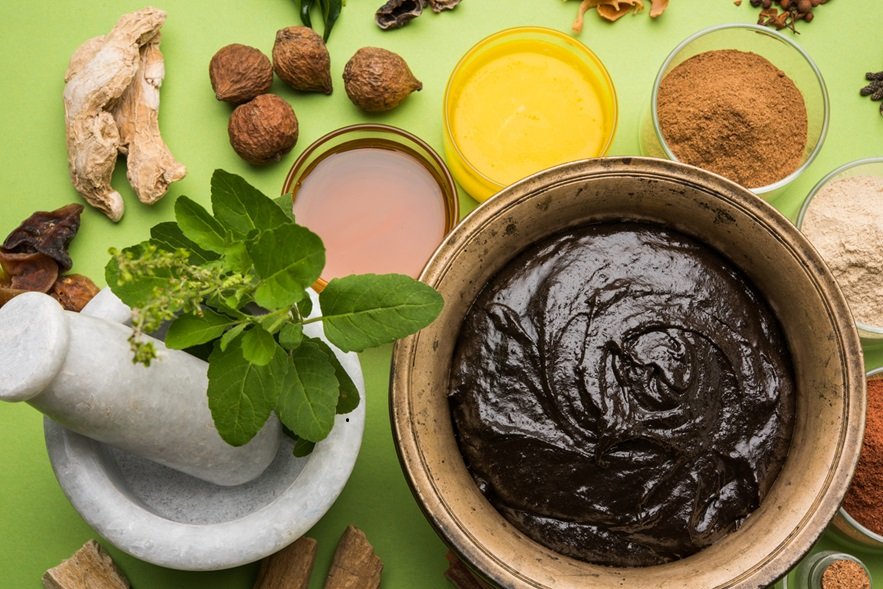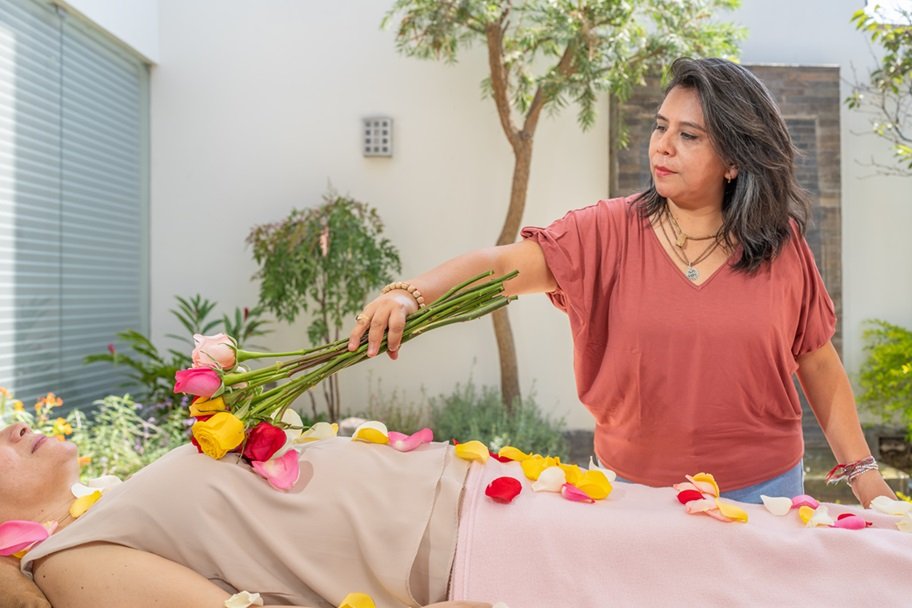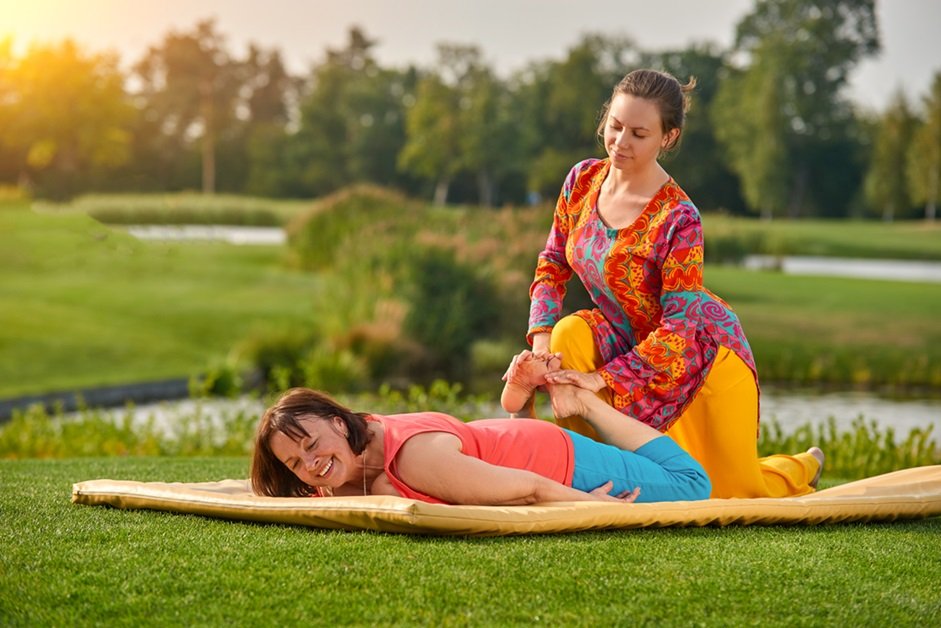
Ayurveda Massage (Abhyangam) Course in Rishikesh, India
Panchakarma is a traditional Ayurvedic therapy that involves a series of cleansing and rejuvenating treatments designed to restore the body’s natural balance and promote overall health and well-being.
Introduction to Ayurveda and Abhyangam
Ayurveda, the ancient Indian system of medicine, emphasizes a holistic approach to health and wellness. One of its keny therapies is Abhyangam, a form of Ayurvedic massage that involves the application of warm herbal oils to the body. This practice is designed to promote overall well-being, detoxify the body, and restore balance to the mind and spirit. Ayurveda massage, rooted in the ancient Indian system of medicine known as Ayurveda, is a therapeutic practice that aims to promote holistic health and well-being. This form of massage employs various techniques and herbal oils to balance the body’s energies, improve circulation, remove toxins, and enhance both physical and mental relaxation.
Over View Of Our Ayurveda Therapist Course In Rishikesh, India
1. Fundamentals of Ayurveda
- History and Philosophy: Understanding the origins, evolution, and basic principles of Ayurveda.
- Doshas: Detailed study of Vata, Pitta, and Kapha doshas—their characteristics, functions, and imbalances.
- Prakriti: Constitution: Identifying and analyzing individual constitutional types.
- Panchamahabhutas: The five elements (earth, water, fire, air, and ether) and their role in health and disease.
2. Diagnostic Methods
- Nadi Pariksha: Technique for assessing health through pulse reading.
- Jihva Pariksha: Diagnostic techniques by examining the tongue.
- Marma Points: Understanding vital points on the body used in diagnosis and treatment.
- Other Diagnostic Tools: Observation of skin, eyes, nails, and overall appearance.
3. Diet and Nutrition
- Ayurvedic Nutrition Principles: Basics of Ayurvedic dietetics and nutrition.
- Aahara and Medicine: Using dietary practices to maintain balance and health.
- Herbal Remedies: Introduction to commonly used Ayurvedic herbs and their therapeutic uses.
4. Yoga and Meditation
- Asanas: (Postures) yoga practices beneficial for balancing doshas.
- Pranayama: Breathing exercises/techniques for improving prana (life force) and overall health.
- Meditation Practices: Practices to enhance mental clarity and emotional balance.
5. Therapeutic Techniques
- Panchakarma: Comprehensive study of the five detoxification procedures.
- Vamana (Therapeutic Emesis)
- Virechana (Purgation)
- Basti (Enema)
- Nasya (Nasal Administration)
- Raktamokshana (Bloodletting)
- Abhyangam: Ayurvedic oil massage techniques.
- Shirodhara: Continuous flow of oil on the forehead.
- Swedana: Herbal steam therapy.
- Shiroabhyanga: Traditional head/forehead massage.
- Marma Therapy: Stimulation of marma points.
- Pizhichil: Oil bath therapy.
- Kati Basti: Treatment for lower back pain using warm oil.
6. Lifestyle and Daily Routine
- Dinacharya: Daily routines for optimal health.
- Ritucharya: Seasonal routines and dietary adjustments.
- Sadvritta (Ethical Conduct): Importance of ethical living and mental well-being.
7. Specialized Therapies
- Ayurvedic Beauty Treatments: Skin care, hair care, and anti-aging therapies.
- Rejuvenation Therapies: Techniques to enhance vitality and longevity.
- Women’s Health: Specialized treatments for menstrual disorders, pregnancy, and menopause.
- Children’s Health: Pediatric care and treatments in Ayurveda.
8. Pharmacology and Formulations
- Dravyaguna Vigyan: Study of medicinal properties of herbs.
- Rasashastra: Basics of Ayurvedic alchemy and preparation of mineral-based medicines.
- Formulation Techniques: Preparation of Ayurvedic medicines like churnas (powders), lehyas (jams), arishtas (fermented formulations), and bhasmas (calcined preparations).
9. Clinical Practice and Case Studies
- Practical Training: Hands-on experience in diagnosing and treating patients.
- Case Studies and Simulations: Real-life case studies to understand application and outcome of therapies.
10. Research and Development
- Ayurvedic Research Methods: Overview of contemporary research in Ayurveda.
- Evidence-Based Practices: Efforts to scientifically validate Ayurvedic principles and treatment.
11. Ethics and Professional Practice
- Professional Conduct: Standards and ethics in Ayurvedic practice.
- Legal Aspects: Understanding regulations and legal requirements for practice.
12. Collaborative Approaches
- Evidence-Based Integration: Integrating Ayurvedic treatments with conventional medicine.
- Collaborative Research and Practices: Initiatives using research to support Ayurvedic therapies.
Discover the Power of Ayurveda for Optimal Health and Well-being
Contact Us
Discover the Power of Ayurveda for Optimal Health and Well-being
Newsletter
Join our community and never miss out on the latest in Ayurvedic healing.





